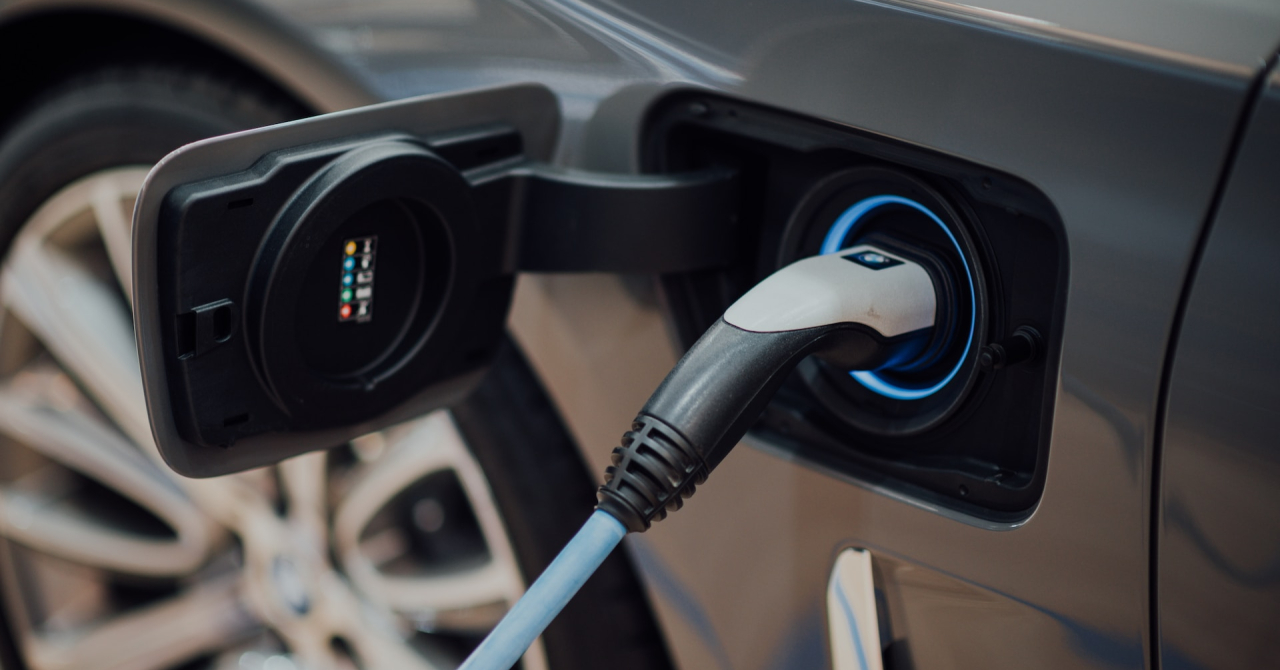Reuters writes that the increase in the share of battery-powered cars is still going strong thanks to subsidies offered by some EU governments and fully electric vehicles saw a share of 13.6% of all sales this July compared to last year's sub-10%.
Plug-in hybrids, automotive experts say, accounted for 7.9% of the total sales, while full hybrids, which don't have to be manually charged, but have smaller battery cells, represented one in four vehicle sales in the EU.
Gasoline and diesel-powered cars, which don't make use of any kind of electrification, accounted for less than 50% of the sales, diesels representing slightly above 14% of the share.
Volkswagen is one of the winners this year so far when it comes to the number of sold vehicles, as the German carmaker reported a 17.9% sales increase in July, while BMW and Renault also boosted car sales, with 22.5% and 16.9%, respectively.
Other manufacturers, such as Stellantis, saw a drop in the number of cars sold, due mostly to supply chain constraints and thus, not being able to keep up with customer demand. The group, which includes companies such as Fiat, Peugeot and Citroen, saw a 6.1% drop in car sales for July 2023.
 Mihai - Cristian Ioniță
Mihai - Cristian Ioniță












Any thoughts?